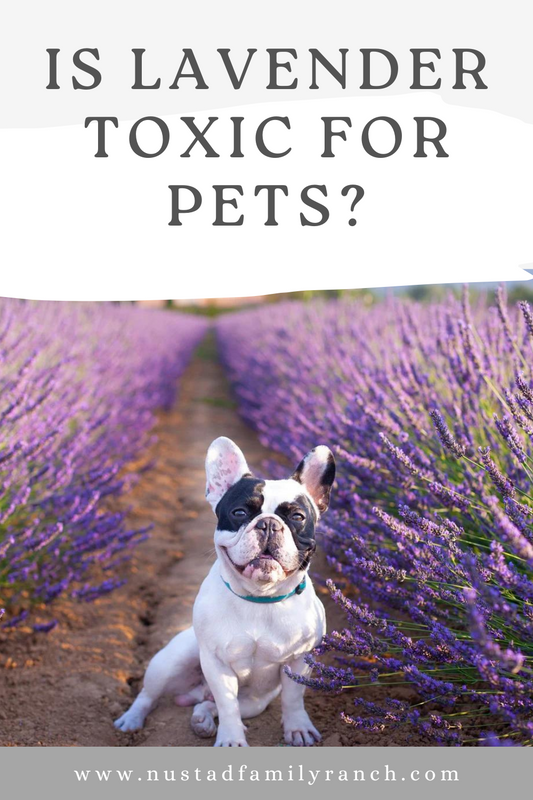Dried flowers have surged in popularity as a versatile and aesthetic addition to home décor, but questions about their safety often arise. In this guide, we'll address common concerns surrounding dried flowers, from their status as "dead" to potential issues like mold and attracting pests. We'll also explore which varieties are edible and safe for pets, ensuring you can enjoy dried flowers in your home safely and confidently.
Are Dried Flowers Dead?
Yes, dried flowers are indeed dead, having undergone a preservation process that removes moisture from the plant material. While they may lack the vibrant colors and fragility of fresh blooms, dried flowers maintain their beauty and shape, making them a lasting and sustainable option for decorating your home.
Will Dried Flowers Mold?
Properly dried flowers are unlikely to mold, as the removal of moisture inhibits mold growth. However, if dried flowers are exposed to excessive humidity or moisture, especially in humid environments, there is a risk of mold developing. To prevent mold, ensure that your dried flowers are stored in a dry and well-ventilated area away from moisture sources.
Will Dried Flowers Attract Bugs?
While dried flowers are generally less attractive to insects than fresh flowers, they can still attract certain pests if not properly stored. Pantry pests such as mealworms and grain beetles may be drawn to dried flowers that are stored in areas with food sources nearby. To mitigate the risk of attracting bugs, store dried flowers in airtight containers or regularly inspect them for signs of pest activity.
Which Dried Flowers Are Edible?
Several types of flowers are safe for consumption and can be used to add flavor and visual appeal to culinary creations. Popular edible dried flowers include lavender, rose petals, chamomile, hibiscus, and calendula. Before consuming dried flowers, ensure they are pesticide-free and intended for culinary use to avoid any potential health risks.
Which Dried Flowers Are Safe for Dogs?
While many dried flowers are safe for dogs, it's essential to be cautious, as some varieties can be toxic to our canine companions. Dog-safe dried flowers include roses, marigolds, sunflowers, and daisies. However, always research specific flower varieties before introducing them to your dog's environment and monitor for any adverse reactions.
### Which Dried Flowers Are Safe for Cats?
Cats are notorious for their curiosity and propensity to nibble on plants, so it's crucial to select dried flowers that are safe for feline friends. Cat-safe dried flowers include roses, calendula, dandelions, and catnip (which cats will likely find irresistible!). Avoid potentially toxic varieties such as lilies, tulips, and chrysanthemums, which can pose a risk to cats if ingested.
In conclusion, while dried flowers offer a myriad of benefits and can enhance the beauty of your home, it's essential to prioritize safety. By understanding the characteristics of dried flowers, practicing proper storage techniques, and selecting appropriate varieties for consumption and pet exposure, you can enjoy the beauty of dried flowers in your home without worry. So go ahead, embrace the timeless allure of dried flowers and infuse your space with their charm and elegance.
You May Also Like
-
-

Goat Milk Lotion for Eczema | Natural & Handmade – Nustad Family Ranch
Looking for a goat milk lotion safe for eczema-prone skin? Discover top brands and our small-batch, handmade clean formula from Nustad Family Ranch.
-



